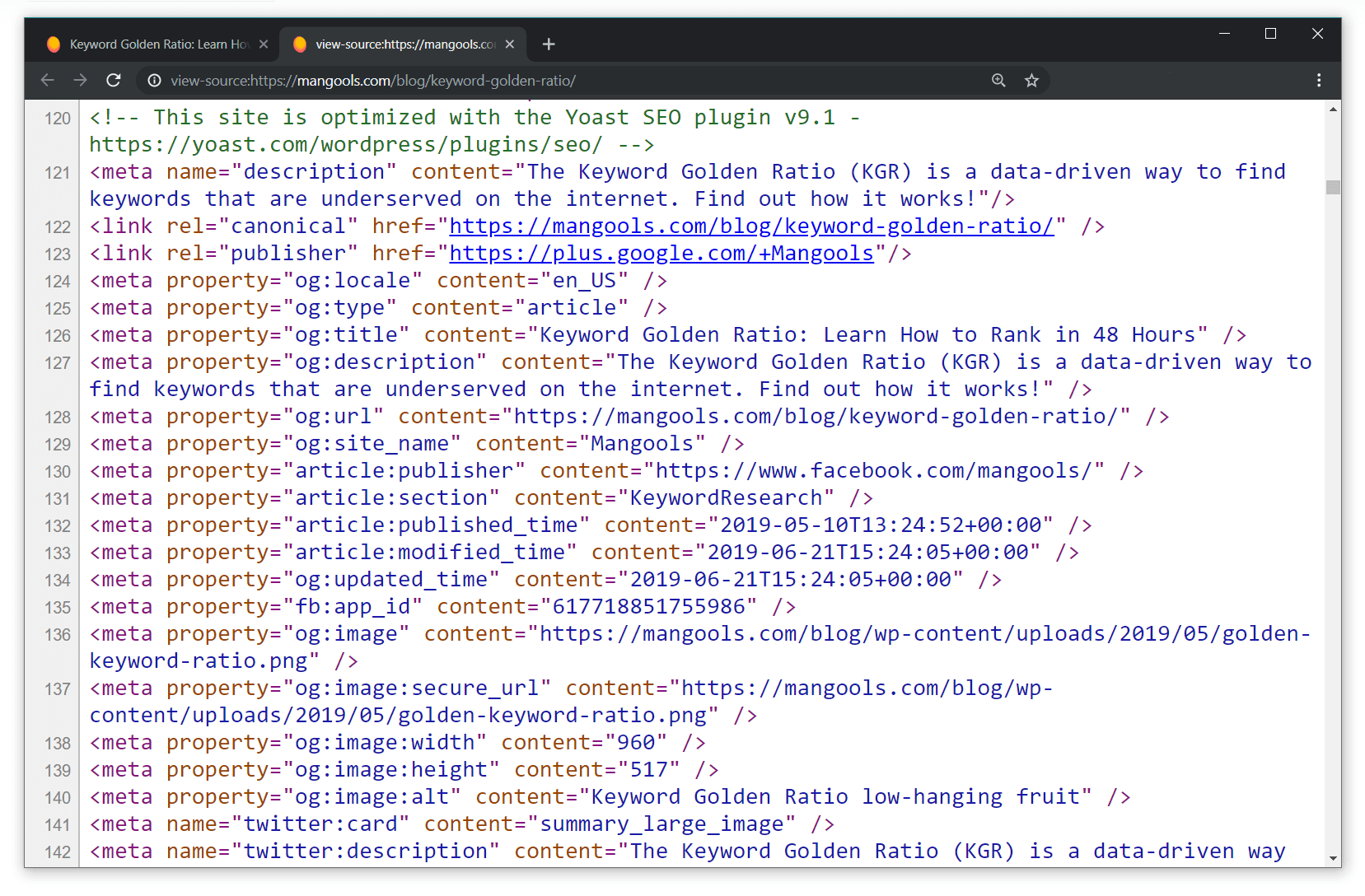

#Free video cutter joiner failed to convert 1 failed how to#
In 2021, the Government began consultation on how to reform the adoption law. Through the Adoption Act 1955, many adopted Māori lost their whakapapa. The child never lost their whakapapa connection with whānau. Under tikanga, with whāngai, there was no cutting of ties between birth parents and parents who care for the child. Whāngai - or Māori customary adoptions - were deemed to have no legal effect under the Adoption Act. At the same time, the broad policy of the state sought the assimilation of Māori and their culture and tikanga into the dominant colonising culture.

In the 1950s New Zealand was given to boast that the country had the best race relations in the world. Therefore, the Act has had a greater impact on Māori than Pākeha. Today we know a person’s knowledge of their heritage and history is a key foundation for their health, wellbeing, and progress in life. Their birth family tree and whakapapa were erased. Under the law, ‘nobody’s child’ had no right to learn about their heritage. In 1985 the Adult Adoption Information Act was passed to enable adopted children from the age of 19 to have access to information about birth parents in certain circumstances but left it difficult to locate birth identity for those whose adoptions took place under the closed and secretive period.įor many years now, in practice adoptions are done openly with birth parents knowing and choosing adoptive parents but there is no recognition of this in the 1955 Act and no legal protection for birth mothers who want to maintain contact with their child. In 1955 adoptions were closed and secret with no provision for adopted children to find out about their birth parents. It was a total legal fiction which took all the responsibility for the child from the state and transferred it to the adoptive parents. The birth parents lost all legal connection. After the adoption the children became the child of the adopting parents “as if born to them in lawful wedlock”. In a time before contraception or the domestic purposes benefit, women who became pregnant faced a burden of shame that could only be lifted by handing over their child for adoption soon after birth. The Act was passed to overcome the fact that children born outside marriage were illegitimate and described as filius nullius (nobody’s child). If there’s an example of a law that has singularly failed to meet the needs of a changing society, it is the Adoption Act 1955. It’s well past time for our adoption laws to be reformed, writes Mark Henaghan. Our existing adoption law fails to acknowledge the importance of whakapapa, culture, and identity to a child’s wellbeing. Ideasroom The law that failed to solve the plight of ‘nobody’s child’


 0 kommentar(er)
0 kommentar(er)
